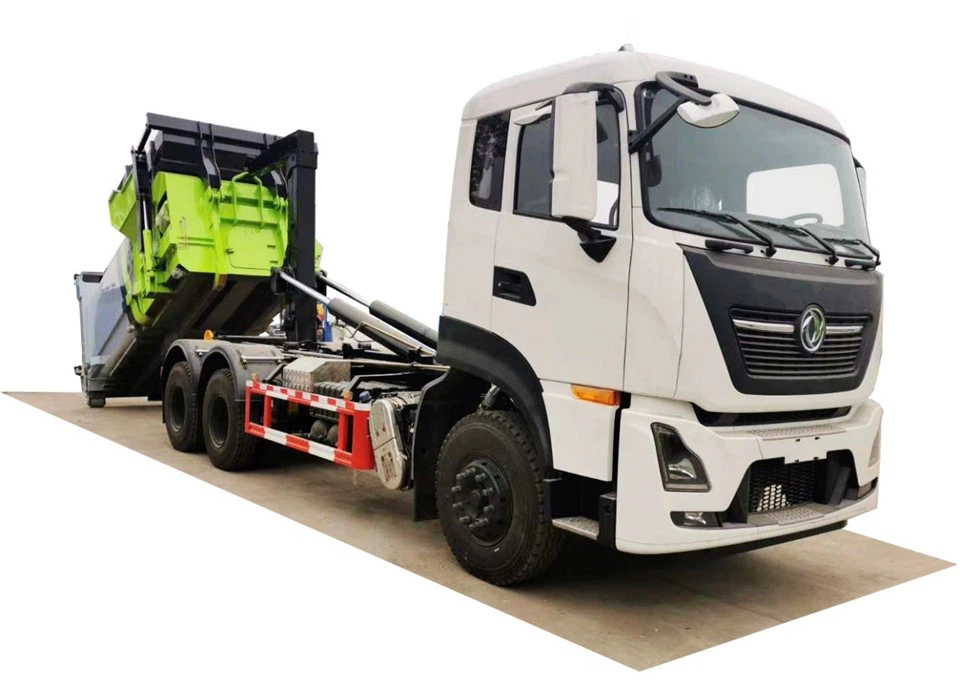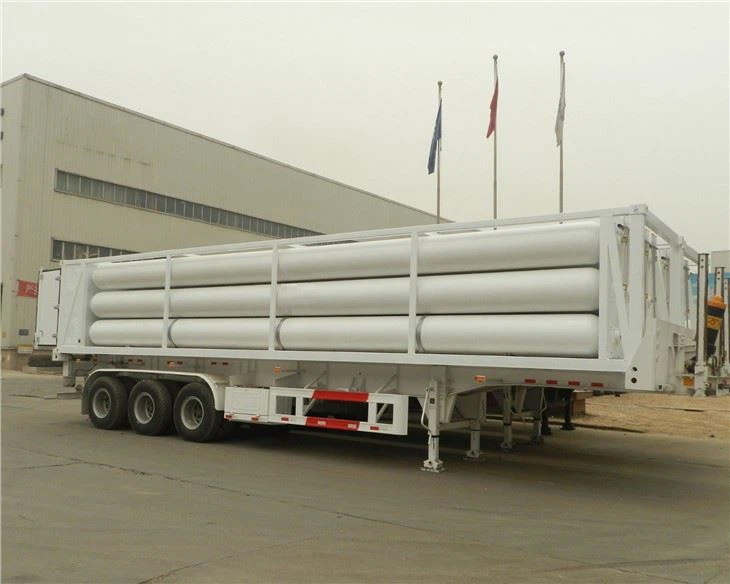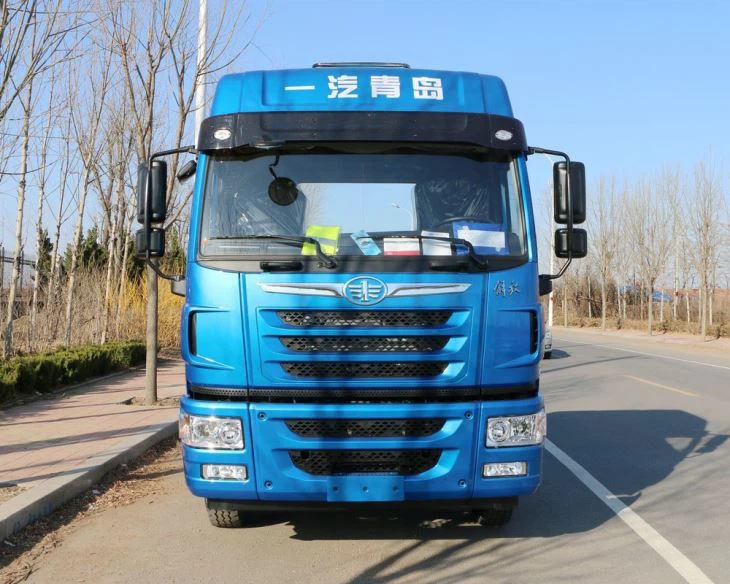Propane vs LPG: Understanding the Differences and Uses

When it comes to fuel options, propane and LPG often create confusion for consumers and businesses alike. Both are popular energy sources, but they have distinct qualities, uses, and benefits. This guide will explore the differences and similarities between propane and LPG, helping you make informed decisions for your energy needs.
Table of Contents
- What Are Propane and LPG?
- Key Differences Between Propane and LPG
- Chemical Composition
- Applications of Propane and LPG
- Advantages and Disadvantages
- Safety Considerations
- Environmental Impact
- Storing and Handling Propane and LPG
- Cost Considerations
- Frequently Asked Questions
What Are Propane and LPG?
Propane is a byproduct of both natural gas processing and petroleum refining. It is commonly found in a gaseous state and is often used for heating, cooking, and fuel for certain engines. LPG (liquefied petroleum gas), on the other hand, is a broader term that includes propane as well as butane. LPG can be stored in liquid form under pressure, making it a versatile energy source for various applications.
Understanding the Basics of Gas Composition
In simplified terms, LPG primarily consists of propane (C3H8) and butane (C4H10). The exact proportions can vary, impacting the overall properties and uses of LPG. Understanding this compositional difference is essential when comparing propane to LPG.
Key Differences Between Propane and LPG
| Aspect | Propane | LPG |
|---|---|---|
| Composition | C3H8 | Mixture of propane and butane |
| State at Room Temperature | Gas | Gas or Liquid (under pressure) |
| Energy Content | Higher than butane | Varies depending on the mixture |
| Uses | Heating, Cooking, Fuel | Heating, Cooking, Vehicles, Industrial |
Chemical Composition
The chemical structure of propane (C3H8) consists of three carbon atoms and eight hydrogen atoms. In contrast, butane (C4H10) has four carbon atoms and ten hydrogen atoms. Although both gases are derived from fossil fuels, their properties can significantly differ due to their molecular structures.
Energy Density
Propane typically has a higher energy density compared to butane, which means it can generate more energy per unit. Hence, industries and consumers often choose propane when power and efficiency are critical.
Applications of Propane and LPG
Residential Uses
Both propane and LPG are widely used for residential heating, water heating, and cooking. Propane is commonly used in rural areas where natural gas pipelines are unavailable.
Commercial Uses

Businesses rely on LPG for various applications, including heating, cooking, and powering forklifts. Propane’s versatility makes it suitable for cafes, restaurants, and other food service operations.
Industrial Uses
In industrial sectors, both propane and LPG are used for manufacturing processes, heating in factories, and powering machinery. Industries choose these gases for their high heat output and efficiency.
Transport Fuel
LPG, particularly, is utilized as a transport fuel for vehicles in the form of autogas. Propane is also used in some engines because it burns cleaner than traditional fossil fuels.
Advantages and Disadvantages

Advantages of Propane
- Efficient and high energy output.
- Environmentally friendlier than other fossil fuels.
- Versatile for various applications.

Disadvantages of Propane
- Needs specific storage solutions to prevent leaks.
- Supply can be limited in some regions.
Advantages of LPG
- Can be stored as a liquid and transported efficiently.
- Flexible in terms of applications; suitable for both residential and industrial use.
Disadvantages of LPG
- Can be more expensive compared to other fuel options.
- Composition can vary, affecting availability and applications.
Safety Considerations
Both propane and LPG are flammable fuels; thus, safety precautions are necessary. Here are some essential safety tips:
- Always store gas cylinders upright and in a well-ventilated area.
- Regularly check for leaks using leak detection solutions.
- Ensure all appliances are serviced regularly by qualified professionals.
Emergency Response
In case of a leak, evacuate the area immediately. Contact local emergency services and avoid igniting any flames close to the leak.
Environmental Impact
Both propane and LPG have lower carbon emissions compared to coal and oil. Choosing propane or LPG can contribute to reducing overall greenhouse gas emissions. However, consumers should consider the entire life cycle of these fuels, from extraction to end use, to fully understand their environmental impact.
Storing and Handling Propane and LPG
Storage Requirements
Propane should be stored in well-ventilated areas away from flammable materials. LPG can be stored in bulk tanks or smaller cylinders, depending on usage requirements. Always follow local regulations regarding storage to ensure safety.
Handling Guidelines
When handling propane and LPG, wear protective equipment and ensure proper ventilation. Never use gas cylinders near open flames or high-heat sources and always follow the manufacturer’s instructions for equipment.
Cost Considerations
| Fuel Type | Average Cost per Gallon |
|---|---|
| Propane | $2.50 – $4.00 |
| LPG | $2.00 – $3.50 |
Prices vary based on market conditions, location, and supply availability. It’s essential to compare rates and consider long-term agreements for consistent pricing.
Frequently Asked Questions
1. Is propane the same as LPG?
Propane is a component of LPG. LPG includes propane and butane, so while they are related, they are not the same.
2. Can I use propane instead of LPG?
In many cases, yes. However, ensure your appliances are compatible with propane to avoid safety issues.
3. Which is more environmentally friendly, propane or LPG?
Both fuels present lower emissions than other fossil fuels. However, the environmental impact largely depends on how the fuel is extracted and burned.
4. How can I check for leaks in my propane or LPG system?
Use a soap solution to check connections and hoses. If you see bubbles forming, there is a leak that needs immediate attention.
5. Are there any subsidies for using propane or LPG?
Various state and federal programs may offer incentives for using propane and LPG as alternative fuels. Check local regulations for information.
6. What are the best practices for safely using propane or LPG?
Keep cylinders upright, store them in cool dry areas, regularly maintain appliances, and ensure proper ventilation during use.
